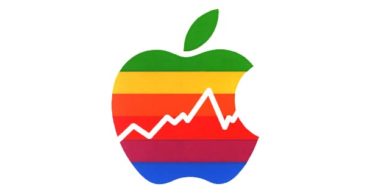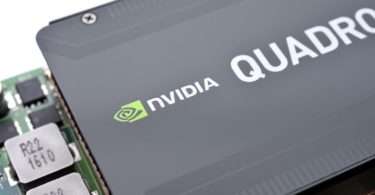Renowned billionaire entrepreneur Bill Gates has invested in LikeWise, a company focused on harnessing the power of artificial intelligence (AI) to provide personalized recommendations to users. The move aligns with Gates’ long-standing interest in AI and his forward-thinking mindset.
LikeWise, a Silicon Valley-based startup comes at a time when the AI landscape is getting increasingly crowded. Once dominated by a handful of major tech players like IBM, Microsoft, and Google, AI is now witnessing a surge of niche startups tackling specialized problems with targeted solutions.
In a bid to differentiate itself, LikeWise aims to offer a unique media-recommendation platform through its chatbot, named Pix. Built on OpenAI‘s technology, Pix uses natural-language processing capabilities to analyze user preferences and generate tailored suggestions across various forms of entertainment, including TV shows, movies, books, songs, and podcasts.
“That personal agent aspect is going to be a big part of what we see people doing in the next couple years,” said Ian Morris, chief executive of Likewise. “That’s something we’re looking to really define.”
LikeWise to Offer Tailored Recommendations
LikeWise will use over 600 million consumer data points to offer a recommendation platform surpassing existing recommendation software on streaming services. Users can interact with Pix through text or email and pose questions to refine and enhance the chatbot’s suggestions.
LikeWise’s personal assistant approach, exemplified by Pix, sets it apart within the broader landscape of AI-powered chatbots. Rather than being limited to specific streaming services, Pix dynamically updates its recommendations in real-time, drawing from content available on platforms such as Netflix, Hulu, and HBO Max.
It is worth noting that some chatbots have been known to make up answers or share facts that aren’t real, something that is called hallucinating. “We’re going to have those same challenges, and I think that’s something that is going to be part of any of these AI services for a while,” Morris said about Pix.
In the wider context of the AI landscape, big players such as Microsoft, Google, and Meta (formerly Facebook) have already integrated AI technology into their product offerings. For one, Bill Gates’ investment in OpenAI granted Microsoft early access to generative AI capabilities.
Gates is a Big Proponent of AI
Gates has long been a vocal proponent of AI. As a co-founder of Microsoft, he has supported developing AI technologies and advocated for AI’s potential for societal change. He also met with OpenAI in 2016 and considers ChatGPT a revolutionary technology.
He is said to have invested $15m into Likewise.
In a March blog post, Gates wrote that AI can improve equity by freeing up resources and expanding access to healthcare and education. He noted that AI tools can assist doctors and educators, allowing them to better serve disadvantaged communities in developing nations. AI can also help train students and boost test scores.
However, Gates acknowledged proper testing and safeguards will be needed before AI is integrated. “Governments and philanthropy will need to play a major role” in ensuring AI reduces rather than increases inequity, he said. While the technology offers promise, its applications are still limited and imperfect.
As someone who contributed to computerization fears in the past, Gates believes AI will be similarly transformative without destroying jobs. “Entire industries will reorient around it. Businesses will distinguish themselves by how well they use it,” he wrote.
Despite concerns, Gates remains bullish that AI’s advantages for humanity can outweigh its drawbacks if developed and applied responsibly. “The Age of AI is filled with opportunities and responsibilities,” he concluded.
Gates’ Microsoft has also made some notable investments in AI firms. For one, the tech giant has invested $13 billion in OpenAI and has received access to its AI research and development resources in return.
Originally published on Techopedia.com





